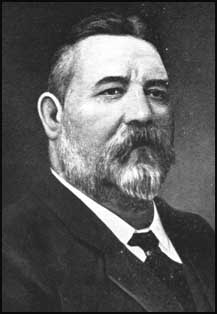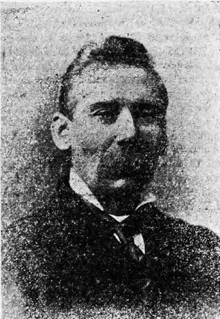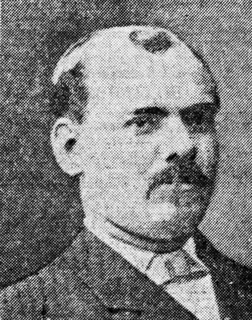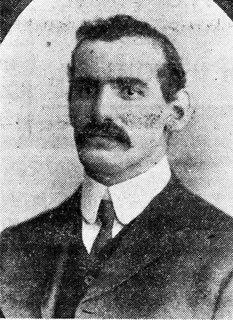Related Research Articles
The Miners' Federation of Great Britain (MFGB) was established after a meeting of local mining trade unions in Newport, Wales in 1888. The federation was formed to represent and co-ordinate the affairs of local and regional miners' unions in England, Scotland and Wales whose associations remained largely autonomous. At its peak, the federation represented nearly one million workers. It was reorganised into the National Union of Mineworkers in 1945.

Bedwellty was a parish and urban district in Monmouthshire, South Wales, until 1974.

William Abraham, universally known by his bardic name, Mabon, was a Welsh trade unionist and Liberal/Labour politician, and a member of parliament (MP) from 1885 to 1920. Although an MP for 35 years, it was as a trade unionist that Abraham is most well known. Initially a pioneer of trade unionism, who fought to enshrine the principle of workers' representation against the opposition of the coal-owners, he was regarded in later life as a moderate voice believing that disputes should be solved through conciliation rather than industrial action. This drew him into conflict with younger and more militant leaders from the 1890s onwards. Although the defeat of the miners in the Welsh coal strike of 1898 was a clear defeat for Mabon's strategy, his prestige was sufficient to ensure that he became the first president of the South Wales Miners' Federation which was established in the wake of the dispute. Abraham was noted for his powerful speaking voice, and was a renowned orator in English and Welsh.

Alfred Onions was a Welsh Labour Party politician.

The South Wales Miners' Federation (SWMF), nicknamed "The Fed", was a trade union for coal miners in South Wales. It survives as the South Wales Area of the National Union of Mineworkers.

Thomas Richards was a Welsh trade unionist and politician.
Philip Gordon Weekes was a Welsh mining engineer. As the National Coal Board's manager of the South Wales coalfields, Weekes played an important role mediating between the two sides of the miners' strike of 1984-85.
The North Wales Miners' Association was a trade union representing coal miners in Wales.
David Morgan was a Welsh miners' agent and trade unionist who played a prominent role in the history of industrial relations in the South Wales Coalfield from the 1870s until his death in 1900.
The Cambrian Miners' Association, also known as the Rhondda District Miners' Association, was an early trade union representing coal miners in the Rhondda Valley, in Wales.
The Monmouthshire and South Wales Miners' Association was a trade union representing coal miners in south eastern Wales.

Enoch Morrell was a Welsh trade unionist and politician.
The Western Miners' Association was a trade union representing coal miners in parts of South Wales, centred on Neath.
The Anthracite Miners' Association was a trade union representing coal miners in parts of Carmarthenshire, Glamorgan and Breconshire, in South Wales.

Thomas Daronwy Isaac, often known simply as Daronwy, was a Welsh politician and trade unionist.
John Davies was a Welsh politician and trade unionist, who served as Mayor of Merthyr.
The Aberdare, Merthyr and Dowlais Miners' Association was a trade union representing coal miners in part of Glamorgan in South Wales.

Walter Lewis was a Welsh trade union leader and politician.
Hubert Jenkins was a British trade unionist and politician.

Thomas Lucas was a Welsh trade union leader.